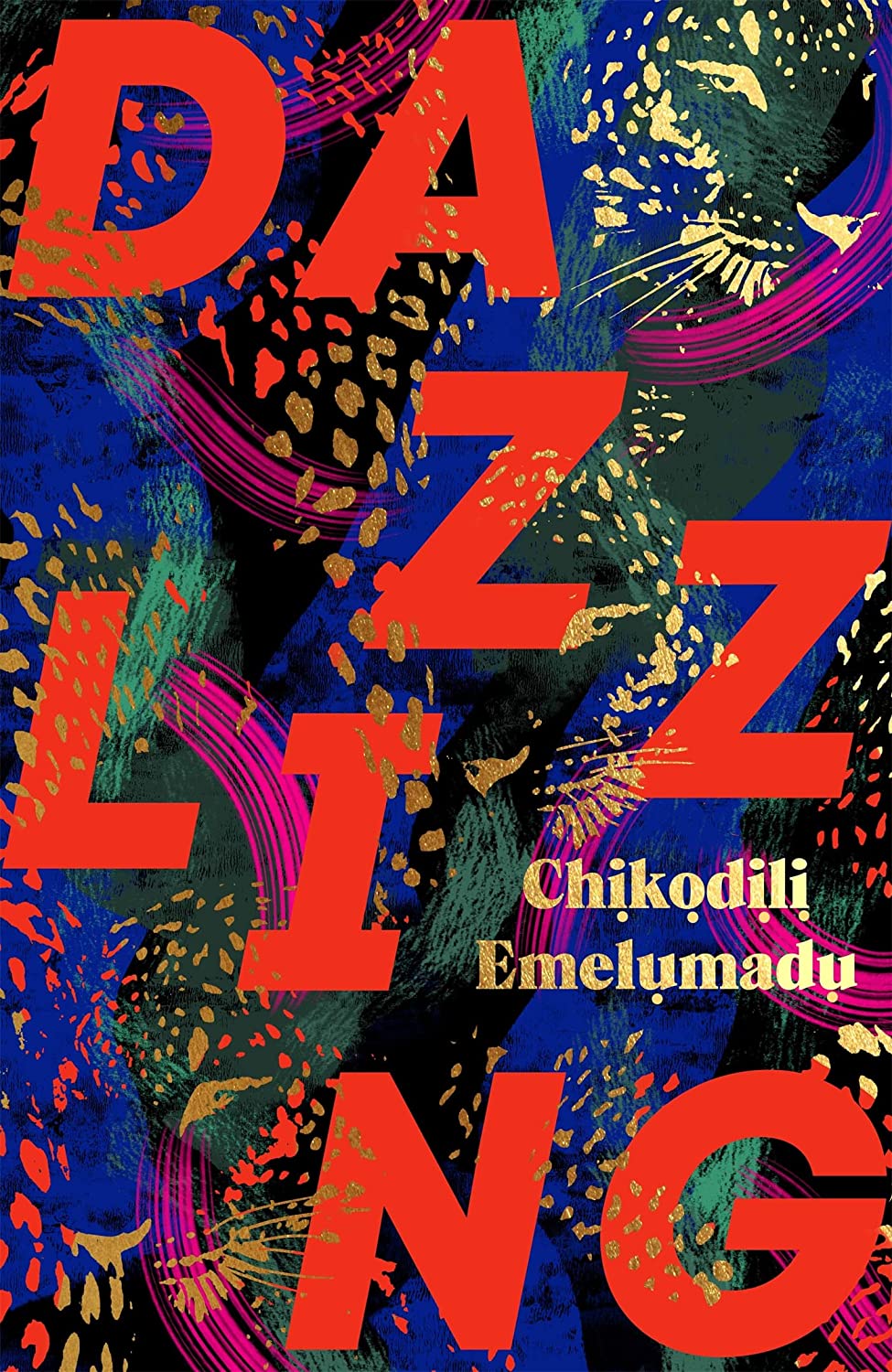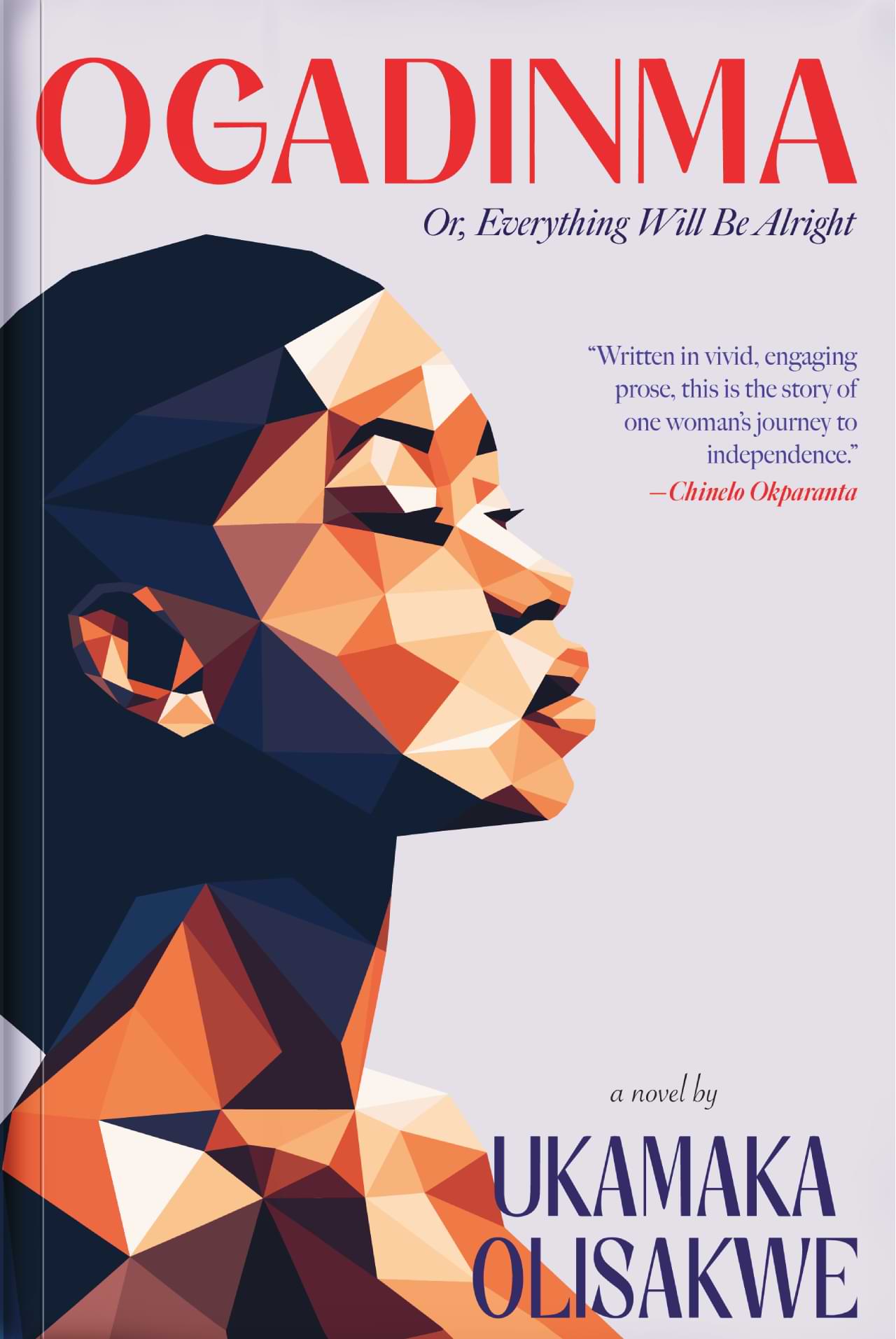
Forged by Blood (Tainted Blood Duology #1) by Ehigbor Okosun
Khalid Muhammad Abdul-Mumin

Akwaugo by Rosemary Okafor

The Three of Us by Ore Agbaje-Wiliams

Tomorrow Died Yesterday by Chimeka Garricks
Chidinma Madeleine Okerenwogba

Second Class Citizen by Buchi Emecheta

The Impatient by Djaïli Amadou Amal

A Spell of Good Things by Ayòbámi Adébáyọ̀

The Joys of Motherhood by Buchi Emecheta

Jollof Rice and Other Revolutions by Omolola Ijeoma Ogunyemi

Rose and the Burma Sky by Rosanna Amaka

Dazzling by Chịkọdịlị Emelụmadụ

Ogadinma by Ukamaka Olisakwe